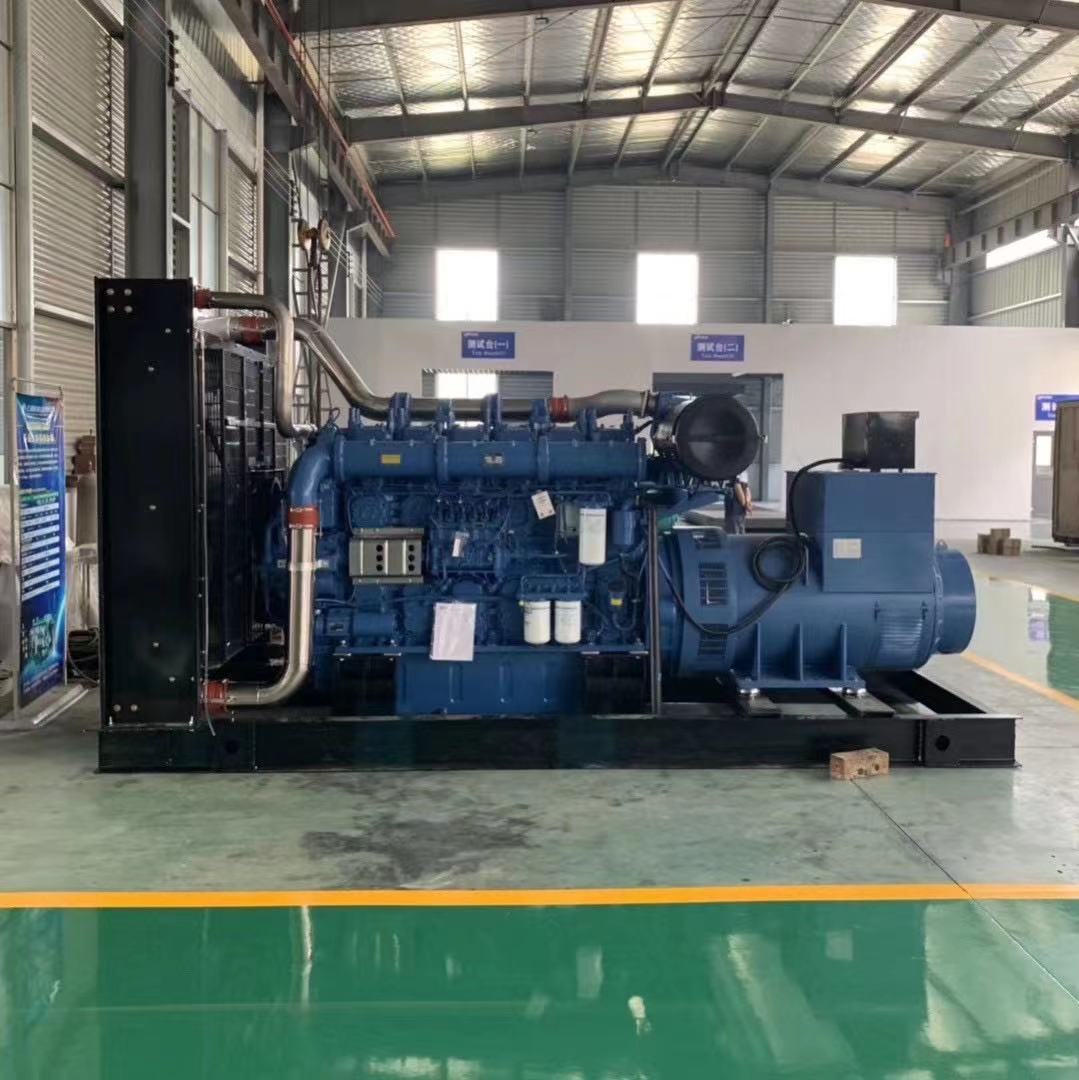What are the effects of generator excitation loss on the system from the generator manufacturer?

For the generator with low excitation and loss of excitation, the generator manufacturer absorbs reactive power from the system, causing the voltage of the power system to decrease. If the reactive power reserve in the power system is insufficient, the voltage of some nearby points in the power system will be lower than the allowable value, which will damage the stable operation between the load and the power sources, and even collapse the voltage of the power system.
When a generator loses excitation, due to the voltage drop, other generators in the power system will increase their reactive output under the effect of automatic adjustment of excitation device, thus causing overcurrent of some generators, transformers or lines. The backup protection may malfunction due to overcurrent, which will expand the accident coverage.
After the excitation loss of a generator, due to the swing of the active power of the generator and the drop of the system voltage, it may cause the desynchronization between adjacent normal operating generators and the system, or between various parts of the power system, causing the system to oscillate.
The greater the rated capacity of the generator, the greater the reactive power deficit caused by low excitation and loss of excitation, and the smaller the capacity of the power system, the smaller the ability to compensate this reactive power deficit. Therefore, the greater the ratio of the single generator capacity to the total power system capacity, the more serious the adverse impact on the power system.
